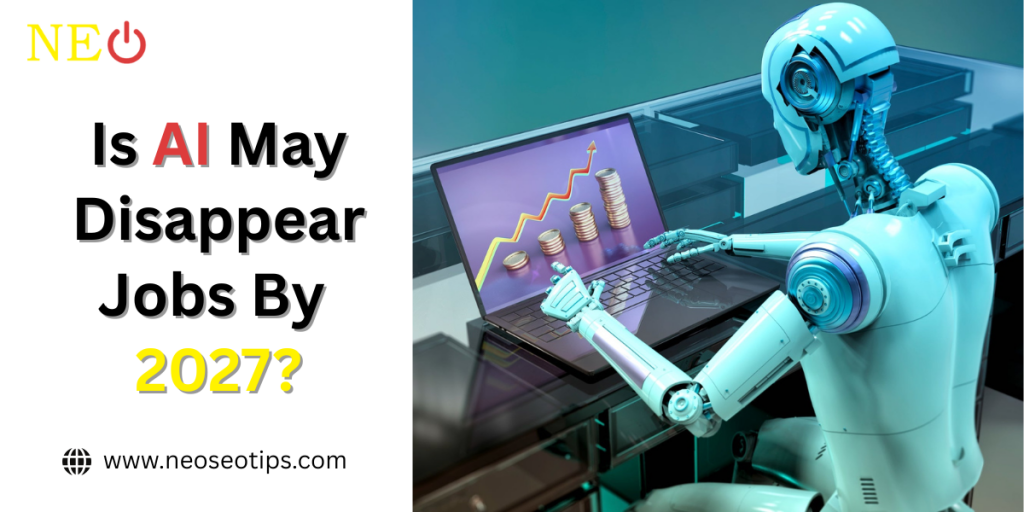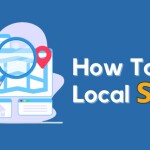Artificial intelligence (AI) has been rapidly advancing in recent years, and its impact on the job market is becoming increasingly significant. As AI technology continues to improve, many experts predict that it will replace certain jobs, leaving some workers without employment. According to a recent report, some jobs may vanish as early as 2027. In this blog post, we will explore the jobs that are most at risk of being automated and what it means for the future of work.
Table of contents [Show]
Jobs at High Risk of Automation
While AI has the potential to augment many jobs, it also poses a significant threat to certain occupations. The following jobs are considered to be at high risk of automation:
- Data Entry Clerks: With the rise of automated data entry tools, this job is likely to become obsolete.
- Customer Service Representatives: Chatbots and virtual assistants are already being used to handle customer inquiries, and this trend is expected to continue.
- Bookkeeping, Accounting, and Auditing Clerks: Automated accounting software can perform tasks such as data entry, invoicing, and reconciliations, making these jobs less necessary.
- Bank Tellers and Cashiers: Online banking and mobile banking apps have reduced the need for human bank tellers and cashiers.
- Manufacturing Line Workers: Industrial robots and machine learning algorithms can perform tasks such as assembly, inspection, and packaging, reducing the need for human labor.
Jobs at Moderate Risk of Automation
While some jobs are at high risk of automation, others are at moderate risk. These jobs may not become completely obsolete, but they may undergo significant changes as a result of AI adoption. The following jobs are considered to be at moderate risk of automation:
Artificial intelligence (AI) is transforming various professional fields by streamlining tasks, yet human skills remain indispensable. In marketing and sales, AI enhances lead generation, email marketing, and sales forecasting, but human judgment and creativity are crucial for crafting compelling strategies.
For human resources managers, AI streamlines recruitment, employee onboarding, and benefits administration, yet human interaction and decision-making are vital for fostering workplace culture. In education, teachers and educators leverage AI for grading, lesson planning, and student assessments, but human teaching and mentoring are essential for inspiring students.
Healthcare professionals benefit from AI in diagnosis, treatment planning, and patient monitoring, but human empathy, judgment, and decision-making are irreplaceable for patient care. Similarly, software developers use AI for coding, testing, and debugging, but human creativity, problem-solving, and innovation drive groundbreaking advancements. Across these fields, AI serves as a powerful tool, complementing but not replacing the unique human qualities that define professional excellence.
Preparing for an AI-Driven Future
While the prospect of job automation can be unsettling, it's essential to remember that AI also creates new job opportunities. To prepare for an AI-driven future, workers can focus on developing skills that are complementary to AI, such as:
- Critical thinking and problem-solving
- Creativity and innovation
- Emotional intelligence and empathy
- Communication and collaboration
- Lifelong learning and adaptability
By acquiring these skills, workers can increase their chances of success in an AI-driven economy. Additionally, governments, educational institutions, and businesses must work together to provide training and upskilling programs that help workers adapt to the changing job market.
Conclusion,
The impact of AI on the job market is undeniable, and some jobs may indeed vanish by 2027. However, it's essential to remember that AI also creates new opportunities and augments existing jobs. By understanding the jobs that are at risk of automation and developing skills that are complementary to AI, workers can prepare for an AI-driven future. As we move forward, it's crucial to prioritize education, retraining, and upskilling programs that help workers adapt to the changing job market and thrive in an AI-Driven economy.









